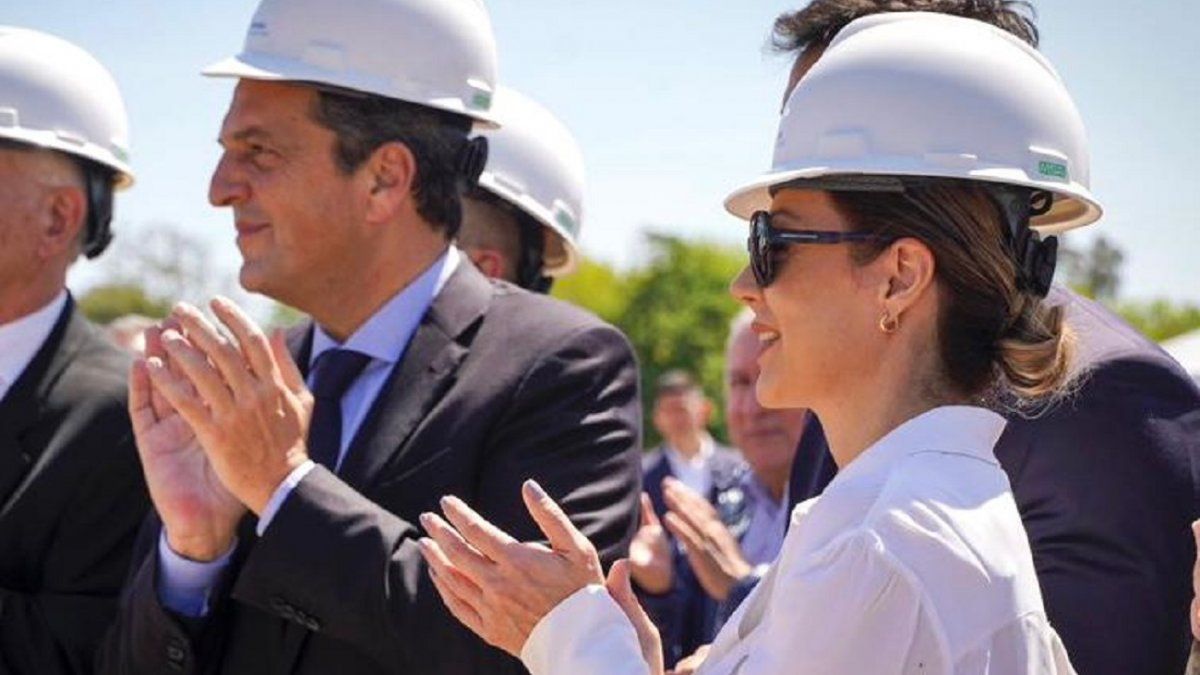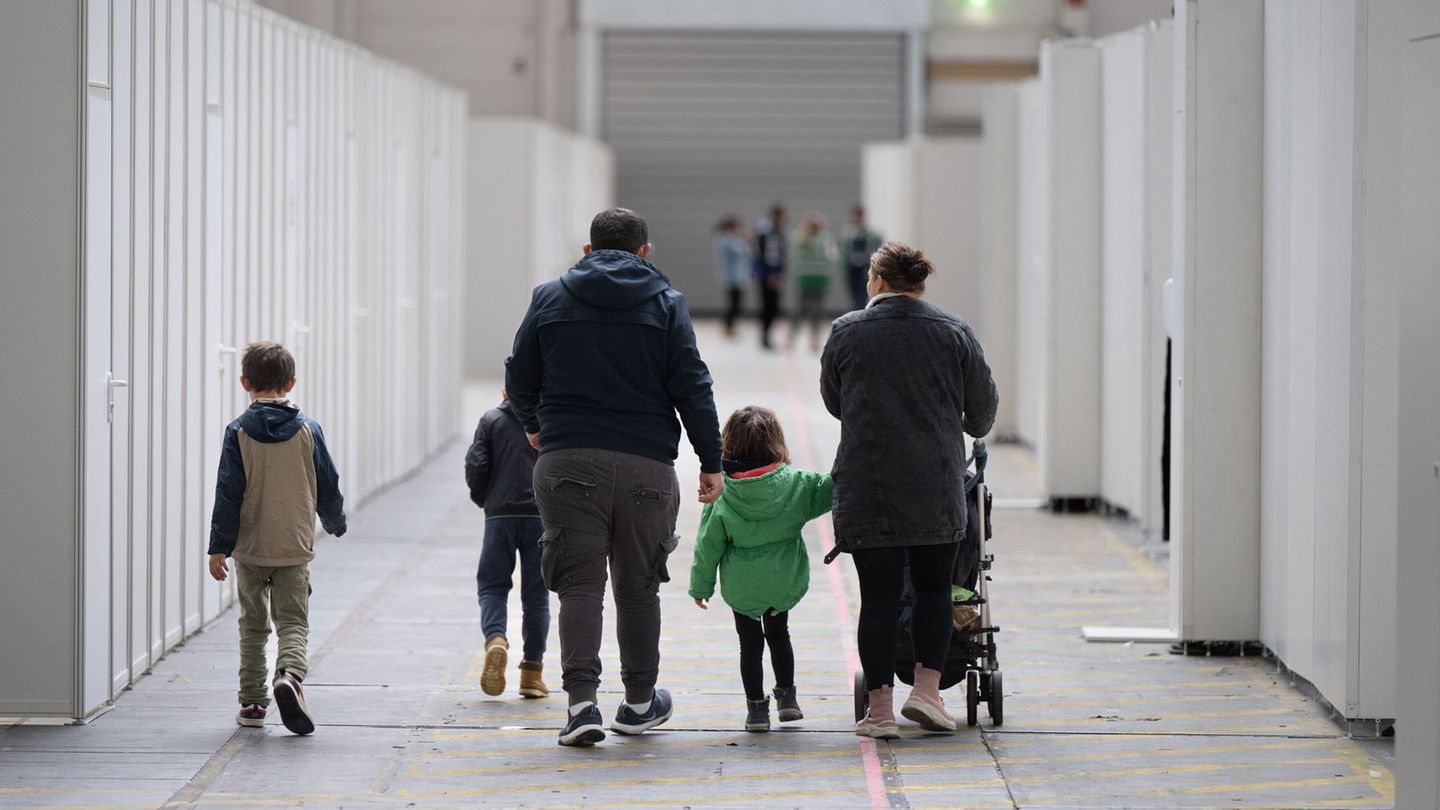The Secretary of Energy considered this Thursday that the work “will mark the history” of the country and shows that “Argentine potential is a reality of job creation and wealth.”
The Secretary of Energy, Flavia Royonconsidered this Thursday that the Néstor Kirchner gas pipeline “will mark history” of the country and shows that “Argentina’s potential is a reality of job creation and wealth”. “The gas pipeline is going to generate a flow of foreign currency this year and next year It helps us to face the debt with the International Monetary Fund (IMF)”, assured the official in an interview with C5N.
The content you want to access is exclusive to subscribers.
Royon considered that the IMF “was skeptical in believing that Argentines could do this work in such a short time”, while remarking that today the gas pipeline “is not a potentiality, it is a reality.” He also maintained that “the important thing is that we reflect on what it means to have a country with this amount of resources and the decision of the government to carry out this work”.


“The progress and development of Argentina comes hand in hand with infrastructure”, said the official, for whom “this work will allow us to have shielding against international crisis situations because today Argentina has an energy base.” The Secretary of Energy pointed out that “There are other works underway such as the reversal of the northern gas pipeline that will allow us to no longer import gas from Bolivia”.
“We are convinced that Argentina’s progress is carry out the works that remain, such as the reversal of the northern gas pipeline and leave it tendered, before the month of August and that it also has financing because this is the vision of the country that the government has,” he said. Later, the head of the energy portfolio pointed out that “the resources have to improve living conditions as in the localities of the first ring of the gas pipeline , in Añelo, which is next to Vaca Muerta, where people did not have natural gas and today they do”. Royon pointed out that “this is our vision of the country; this is not public spending, it is strategic and it is part of the success that this work has had.”
“This year the energy balance is changing and next year it will be in surplus; In macroeconomic matters, this work generates foreign currency in exports and saves foreign currency in imports because we don’t need to import and it generates less public spending because by having a cheaper gas the subsidies will be less of an effort for the State,” said the official. Royon added that “When we have cheaper gas, we have a cheaper electricity energy matrix for Argentine companies that they are going to be more competitive since they are not going to have to depend on the costs of importing LNG or gas from Bolivia”.
Regarding an eventual benefit on rates, Royon said that those who today pay full rate or the industries will benefit in the medium term because they will be able to access a more competitive price.; it is not that from one day to the next they will see a drop in the rate.” In relation to future rate adjustments in the coming months, Royon clarified that “the rate update for October and November has not been defined; It’s still under study.”
Finally, regarding the other works that are already underway, the Secretary of Energy indicated that “the laying of the coastal gas pipeline was resumed, a gas pipeline was executed in La Rioja, another in Santa Fe, another stretch between Salta and Tucumán.” “We have electrical works in 13 provinces, the Atlantic line from North to South, a 500-kilometer high-voltage line and we are bidding for 5,000 kilometers of high-voltage lines. Infrastructure means better quality services and more renewable energy,” he concluded.
Source: Ambito




